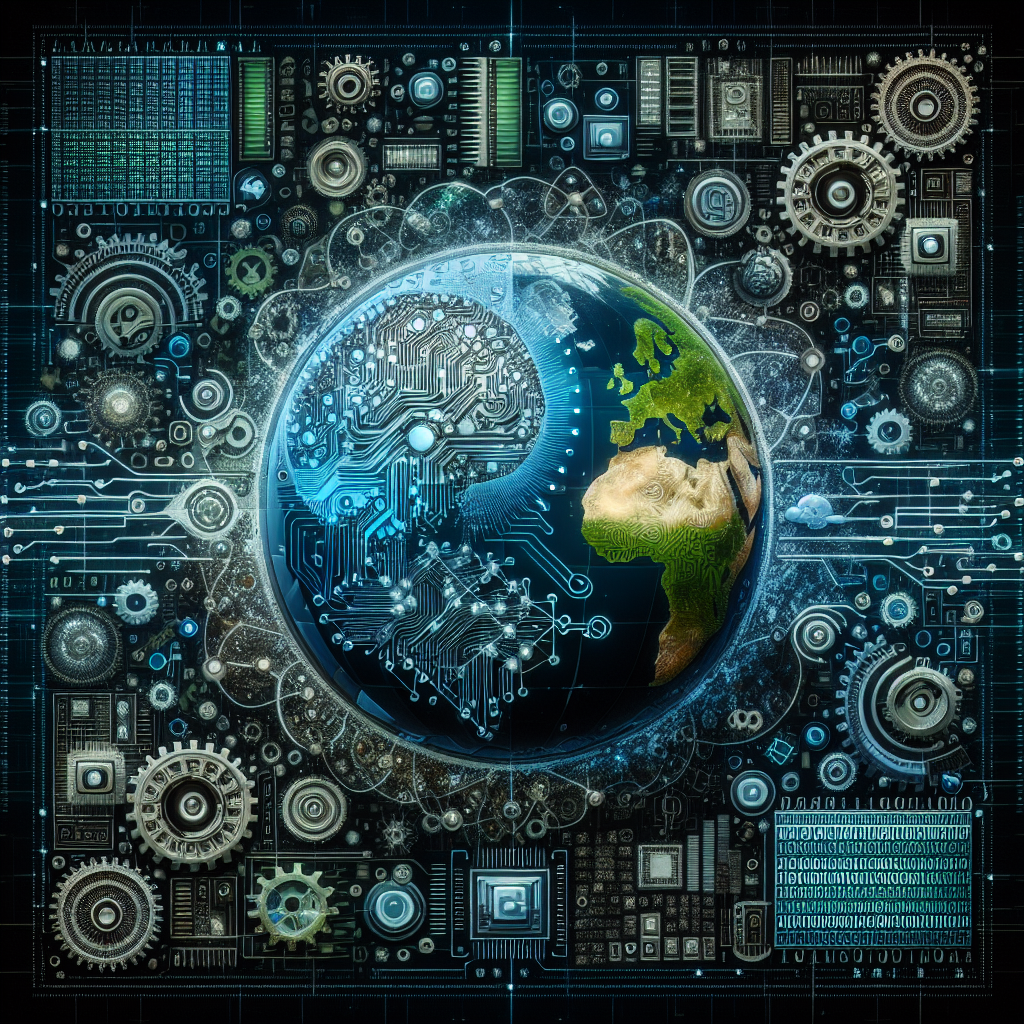The AGI Revolution: How Artificial General Intelligence Will Transform the World as We Know It
In recent years, artificial intelligence has made significant advancements in various fields, from healthcare to transportation to finance. However, much of this progress has been in the form of narrow AI, which is designed for specific tasks and lacks the ability to generalize and adapt to new situations. Artificial General Intelligence (AGI) represents the next frontier in AI development, promising machines that can think, learn, and reason in ways that mimic human intelligence.
What is AGI?
AGI refers to a type of artificial intelligence that can perform any intellectual task that a human can do. Unlike narrow AI systems, which are designed for specific tasks such as image recognition or language translation, AGI systems have the ability to learn and adapt to new tasks and environments. AGI is often compared to human intelligence in terms of its flexibility and generalization capabilities.
The development of AGI has the potential to revolutionize many aspects of society, from healthcare to education to business. AGI systems could revolutionize the way we work, learn, and interact with each other. They could also have profound implications for the economy, as they could potentially automate many jobs that are currently performed by humans.
How will AGI transform the world?
The impact of AGI on society is likely to be profound and far-reaching. Here are some ways in which AGI could transform the world as we know it:
1. Automation of jobs: One of the most immediate impacts of AGI will be the automation of many jobs that are currently performed by humans. As AGI systems become more advanced, they will be able to perform a wide range of tasks, from driving cars to diagnosing diseases to writing news articles. This could lead to widespread job displacement and the need for new skills and training programs.
2. Accelerated scientific research: AGI systems have the potential to revolutionize scientific research by helping researchers analyze vast amounts of data, simulate complex systems, and discover new patterns and insights. This could lead to breakthroughs in fields such as medicine, climate science, and materials science.
3. Personalized education: AGI systems could revolutionize education by providing personalized learning experiences for students. These systems could adapt to each student’s learning style, pace, and interests, helping them learn more effectively and efficiently.
4. Improved healthcare: AGI systems could revolutionize healthcare by helping doctors diagnose diseases, develop personalized treatment plans, and predict outcomes. These systems could analyze medical images, genetic data, and other patient information to provide more accurate and timely diagnoses.
5. Enhanced creativity: AGI systems could help artists, writers, musicians, and other creative professionals by generating new ideas, designs, and compositions. These systems could serve as collaborators and sources of inspiration, helping to push the boundaries of creativity and innovation.
FAQs
Q: When will AGI be achieved?
A: The timeline for achieving AGI is uncertain, as it depends on many factors such as technological advancements, research funding, and regulatory approval. Some experts predict that AGI could be achieved within the next few decades, while others believe it could take much longer.
Q: Will AGI be safe?
A: The safety of AGI is a major concern, as these systems could have a wide range of potential risks, from job displacement to privacy violations to unintended consequences. Researchers and policymakers are working to develop guidelines and regulations to ensure the safe and ethical development of AGI.
Q: How can I prepare for the AGI revolution?
A: To prepare for the AGI revolution, it is important to stay informed about the latest developments in AI research and technology. It is also important to develop skills that are likely to be in demand in a future with AGI, such as critical thinking, problem-solving, and creativity.
In conclusion, the AGI revolution has the potential to transform the world in ways that we can only begin to imagine. From automated jobs to personalized education to improved healthcare, AGI systems could revolutionize many aspects of society. It is important for researchers, policymakers, and the public to work together to ensure the safe and ethical development of AGI, so that we can fully realize the benefits of this transformative technology.

